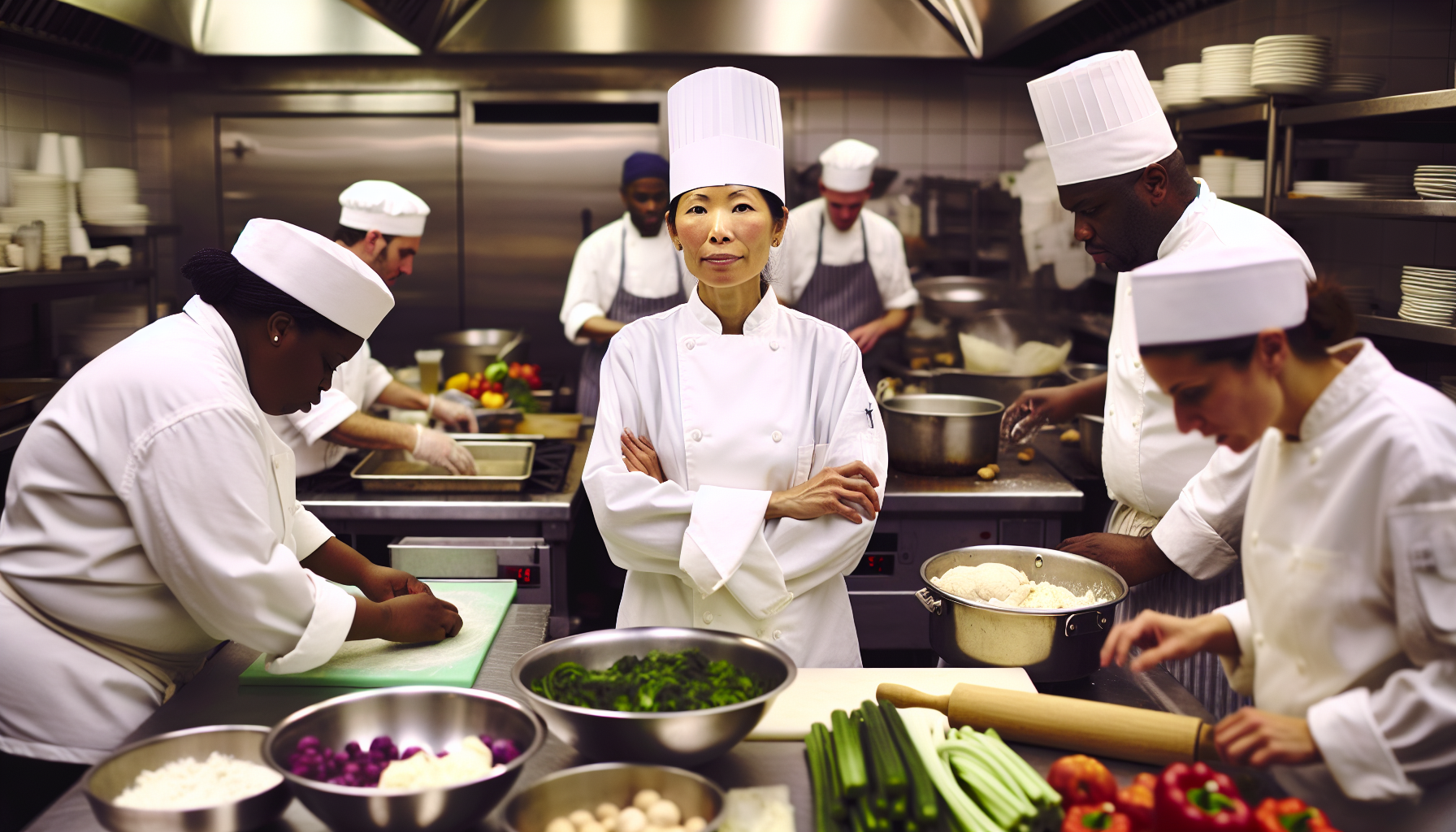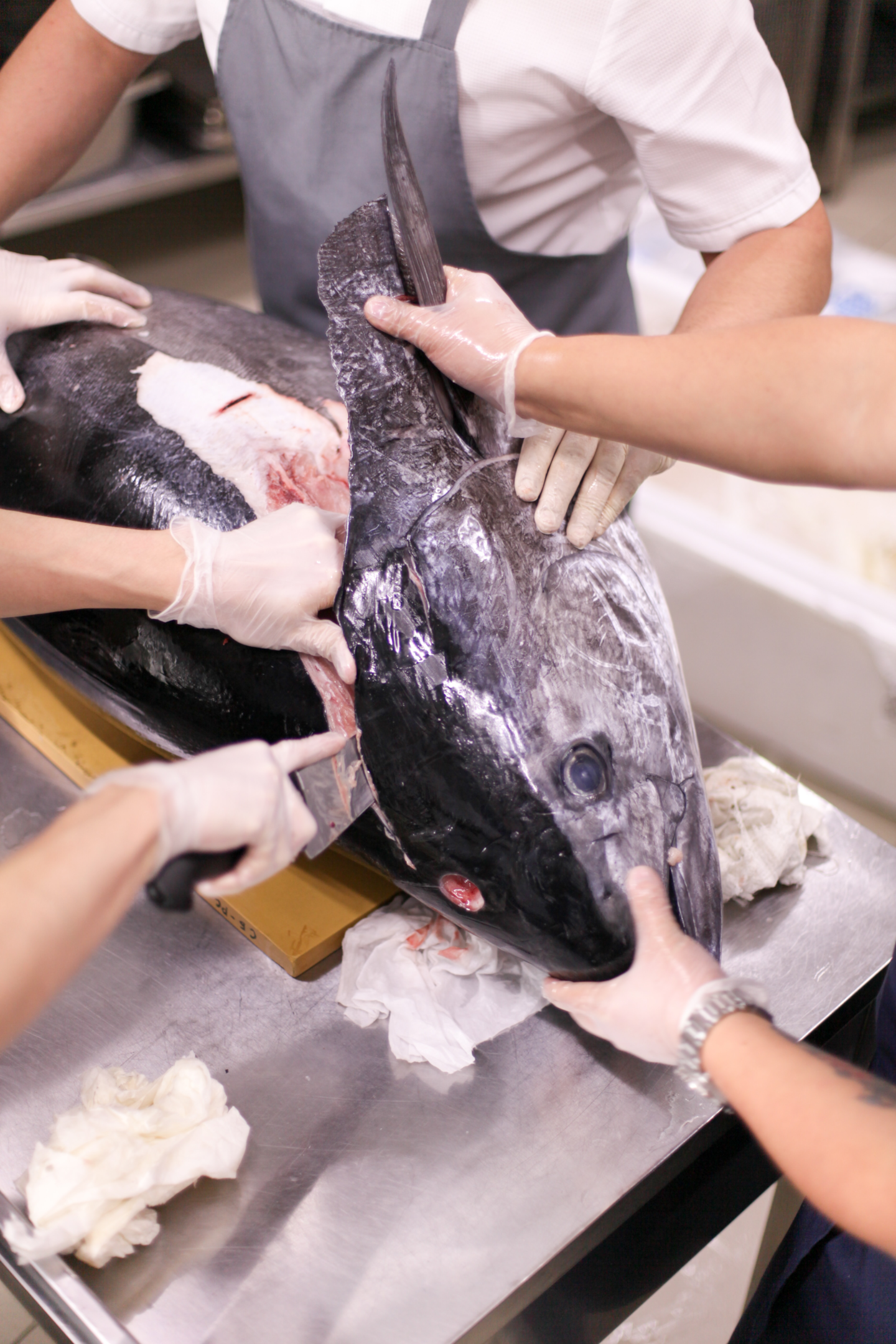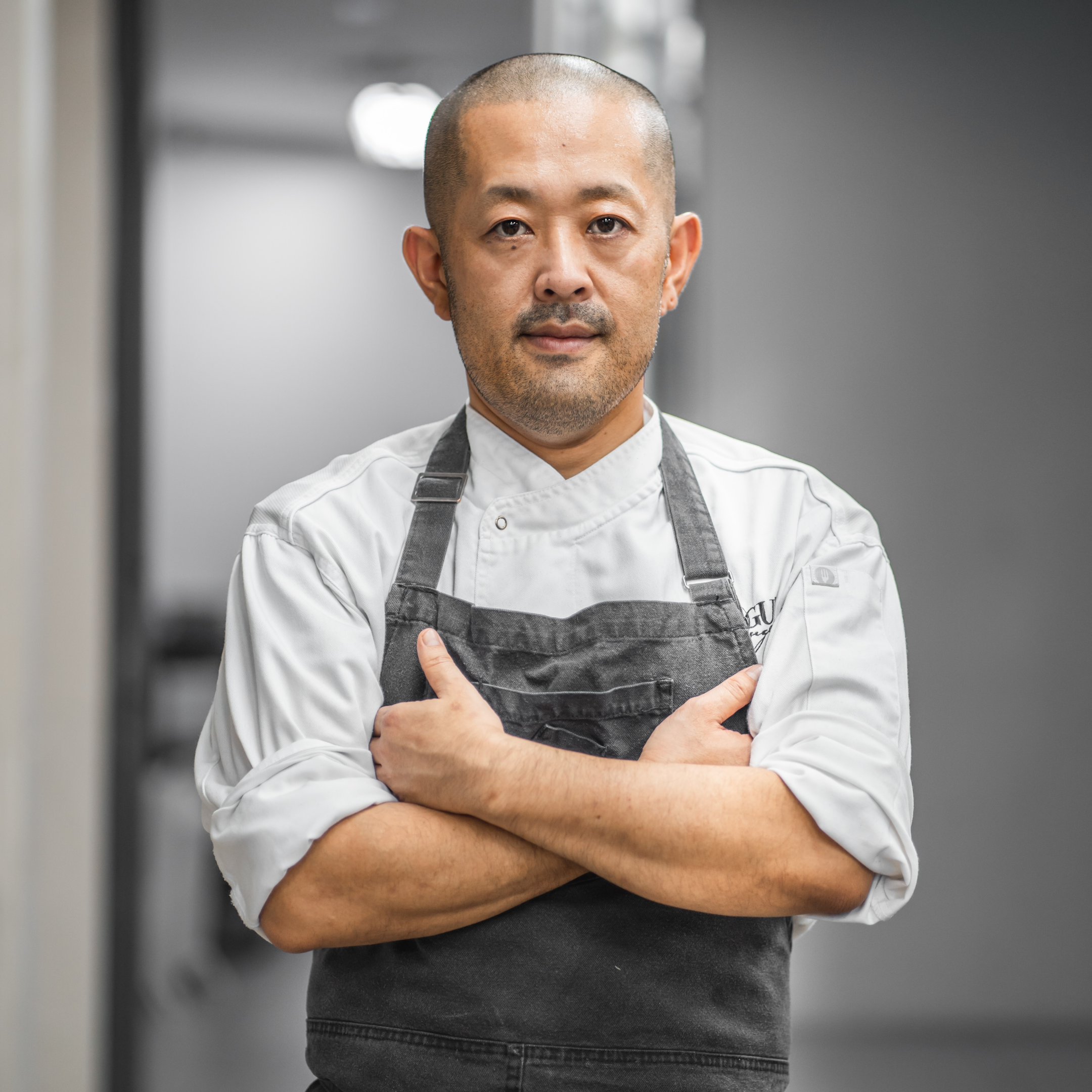What does it take to become an experienced head chef, and why is this role crucial within a restaurant?
Directing kitchen staff, managing stock, and shaping a profitable menu, the head chef’s job is the backbone of a thriving culinary establishment. This guide provides an insight into the qualifications, skills, and daily duties of a head chef to help you understand the path towards leading a kitchen.
Key Takeaways
- A head chef’s role is multifaceted, encompassing a range of duties from culinary expertise and menu planning, coaching, HR, Mr Fix it, kitchen management and team leadership. All these attributes are essential for the smooth operation and success of the venue, be it Hotel, Club, Resort or Restaurant.
- Creating a detailed and precise job description for a sous chef or head chef is crucial, including necessary skills, qualifications, and specific responsibilities. It serves as a foundational tool for recruitment and ongoing performance evaluations so everyone knows where they stand.
- Career advancement for experienced sous chef or head chefs involves gaining diverse culinary experiences, professional education, and networking within the industry.
The Essence of a Head Chef Role

Chefs form a subsection of the classifications that exist within head chef jobs. It is often up to an experienced sous chef or head chef, skilled in leadership & kitchen operations management, to create kitchens that run successfully.
Leading the Kitchen Team
As the conductor of the kitchen team, it is up to the experienced sous chef or head chef to maintain food quality and create exceptional dining experiences. This entails controlling and directing the preparation process and leading kitchen staff while managing all operations in their team. For effective leadership, they must understand everyone’s strengths, communicate expectations clearly and manage time efficiently. Good communication from them also makes sure that menus are successful and the right balance of what the customers want and what the kitchen can produce consistently and profitably.

Crafting a Job Description That Works
Crafting a Head Chef job description is key to establishing clear expectations from the outset.
Qualifications for Head Chefs vary in the industry. In larger entities like hotels and hospitals, formal qualifications are often essential. Yet, in other sectors, success can be achieved through hard work, talent, and leadership. Most top professionals engage in some further development. Essential qualities include strong cooking skills, diverse culinary techniques, understanding of people, plus leadership, creativity, and financial acumen.
Core Requirements:
Sheer passion for cooking doesn’t suffice for becoming a Head Chef. Many senior chefs, especially in big hotels, hold advanced education, from degrees to courses. Such learning can speed up career progression. Practical experience is indispensable. Kitchen management involves orchestrating various elements, a skill refined through years across different teams and menus. Usually, chefs are considered skilled post-apprenticeship, generally after 3 to 5 years. For new roles, at least five years of professional kitchen experience is expected. This background prepares them to lead teams, manage supplies, and ensure food quality and safety.
Employers seek Cert III Commercial Cookery qualification holders, with capabilities in leadership, food safety, management, and culinary expertise. Important too are effective communication, teamwork, a detail-focused mindset, and experience in upscale catering or event planning.
Specific Deliverables:
A Head Chef’s role encompasses more than standard duties. Tasks include ordering supplies, setting menu prices, conducting stocktakes, managing rosters, assigning appropriate shifts, and overseeing the P&L. Monitoring resource use, including waste and labor costs, is crucial. They lead the kitchen team to ensure efficient operations throughout the day.
Their responsibilities extend to managing the pass, ensuring dish quality, striving for premium product outcomes, setting up orders correctly, calculating costs, performing regular checklists, scheduling, and producing detailed financial reports from POS system data.
Integrating Job Descriptions into Performance Reviews:
Incorporating job descriptions into performance reviews is vital for benchmarking Head Chefs. Clear role comprehension facilitates accurate evaluations. Managers need to discuss objectives with chefs, ensuring performance feedback aligns with both personal and organizational goals. This approach highlights strengths and improvement areas, fostering career development and benefiting both the individual and the organization.
Supercharging Your Job Description

To attract the best candidates for your kitchen team, it’s crucial to craft an effective job description. Here are some essential tips to guide you:
- Joint Effort in Development: Involve your HR team and the relevant managers to ensure the job description accurately portrays the role.
- Clear and Precise Job Titles: Use straightforward and precise job titles. This clarity helps attract the right candidates and avoids confusion.
- Concise and Clear Summary: Begin with a summary that is succinct and free from technical jargon, providing a straightforward understanding of the role for prospective applicants.
- Prioritize Key Responsibilities: When outlining the job’s duties, concentrate on the primary responsibilities. A lengthy list can be daunting and may imply a tightly controlled work environment.
- Distinguish Essential and Desirable Skills: Clearly separate the must-have skills from the nice-to-have ones. This helps candidates understand the non-negotiables and desirable attributes for the role.
- Showcase Your Company’s Identity: Use the job description to highlight what makes your organization special. A peek into your company’s culture can significantly attract potential employees.
- Streamline the Application Process: Make sure the application instructions are straightforward and welcoming to all candidates. An uncomplicated process invites a broader spectrum of applicants.
Adhering to these tips will assist you in creating a job description that not only precisely conveys your requirements but also appeals to high-caliber candidates.
Recent Listings and Salary Insights
The geographical location of a Head Chef position is an essential factor in determining the salary. Annual income varies between countries. In America, this type of role typically pays around $99,404 each year. Australia sees fluctuating salaries ranging from $85k to 120k with Melbourne VIC and Sydney NSW paying the highest wages on average.
For restaurants to be able to compete when trying to attract top talent, they may offer incentives such as 4-day roster, bonuses alongside paid holidays and flexible hours plus potential growth opportunities within the job itself.
Advancing Your Career as a Head Chef
Head Chef’s job is full of potential, starting with apprenticeships or kitchen hand roles and progressing into executive chef positions. To develop their professional skills. They should generally seek knowledge though many many cookbooks, follow chefs on line, eat out and work or stage in other venues.
Networking plays an important role too, when it comes to career progression – making valuable contacts within the industry may open doors elsewhere while keeping up-to-date on emerging trends allows for faster advancement towards a successful career path.
Frequently Asked Questions
What is the role of the head chef?
A head chef manages the food preparation process, designing menus and ensuring dishes are up to standard before being served. They also manage all restaurant activities or related facilities and need strong leadership skills. All these duties must be carried out with precision so as not to compromise on quality when providing food for customers.
Is head chef the highest position?
The most prestigious role in the culinary profession is that of an experienced head chef, executive chef or culinary director who oversees all kitchen operations and holds ultimate responsibility. The highest depends on the company, generally, the progression is Head Chef, Executive Chef and Culinary Director. It requires considerable expertise to reach this point.
How much do head chefs get paid in Australia?
In Australia, an experienced head chef’s salary is approximately between $82,500 and up to $120,300 annually by 2023. Senior executive chefs have the potential to receive even higher incomes each year.
Download sample Chef Job Descriptions


